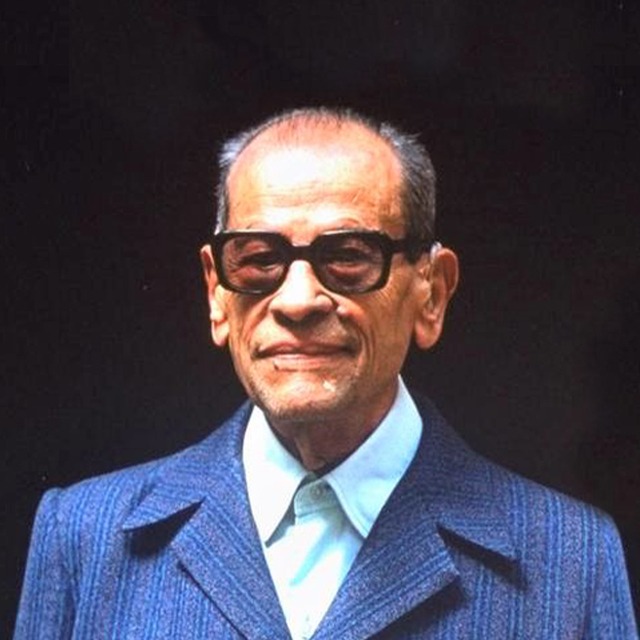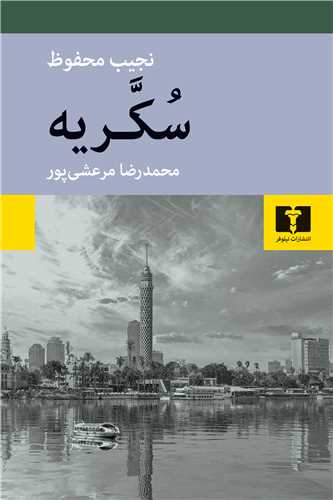Naguib Mahfouz
نجیب محفوظ
Naguib Mahfouz (born December 11, 1911, Cairo – died August 30, 2006, Cairo) was a renowned Egyptian novelist and the first Arabic-language writer to win the Nobel Prize in Literature (1988). With over 30 novels, hundreds of short stories, and plays, he transformed modern Arabic literature. His works often explore Egypt’s social, philosophical, and political life in the 20th century, marked by fluid prose, deep character development, and layered narratives. His most famous works include The Cairo Trilogy (Palace Walk, Palace of Desire, Sugar Street), Midaq Alley, Children of Gebelawi, The Wisdom of the Barber, Love Under the Rain, and Talk of the Night. Mahfouz tackled themes such as justice, freedom, tradition, and modernity, and continued writing despite censorship and threats throughout his life.
نجیب محفوظ (زادهٔ 11 دسامبر 1911، قاهره – درگذشتهٔ 30 اوت 2006، قاهره) نویسندهٔ برجستهٔ مصری و نخستین نویسندهٔ عربزبان برندهٔ جایزهٔ نوبل ادبیات (1988) بود که با بیش از 30 رمان، صدها داستان کوتاه و نمایشنامه، ادبیات عرب را دگرگون کرد. آثار او اغلب به زندگی اجتماعی، فلسفی و سیاسی مصر در قرن بیستم میپردازند و با نثری روان، شخصیتپردازی عمیق و روایتهای چندلایه، جایگاه ویژهای در ادبیات جهان یافتهاند. از مهمترین آثار او میتوان به سهگانهٔ قاهره (بینالقصرین، قصر الشوق، و السکریه)، زقاق المدق، بچههای محلهٔ ما، حکمت حلاق، عشق زیر باران و گفتوگو با شب اشاره کرد. محفوظ در آثارش به مفاهیمی چون عدالت، آزادی، سنت و مدرنیته پرداخت و با وجود سانسور و تهدید، تا پایان عمر به نوشتن ادامه داد.


